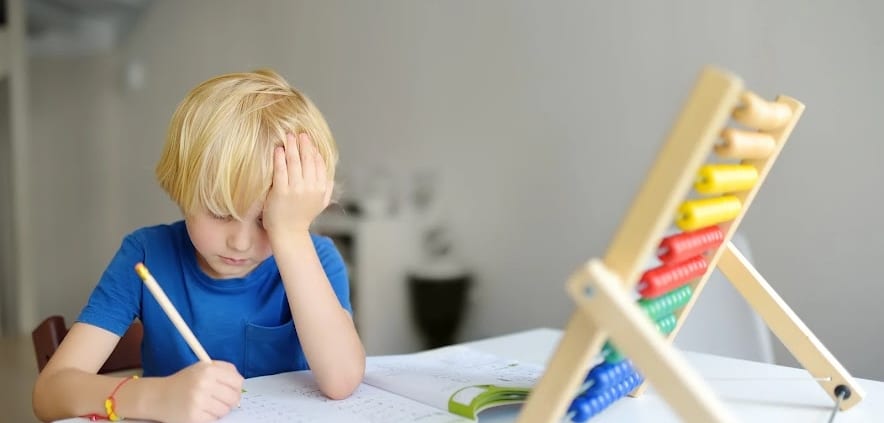Every child learns differently, but for those with Attention Deficit Hyperactivity Disorder (ADHD), traditional classroom settings can sometimes feel overwhelming and ineffective. ADHD tutoring offers a personalized approach, transforming the learning experience into something positive, engaging, and tailored to the student’s unique needs.
Understanding ADHD in Learning
ADHD is more than just a challenge with focus. It affects:
- Organization: Keeping track of tasks, materials, and homework.
- Time Management: Staying on schedule and completing tasks within deadlines.
- Focus and Attention: Difficulty maintaining concentration for extended periods.
These challenges can make school frustrating and impact a child’s confidence and academic performance.
What Makes ADHD Tutoring Different?
Unlike traditional ADHD-focused, it uses specific strategies that cater to the way children with ADHD process information. It focuses on:
- Personalized Learning Plans: Tailoring lessons to match strengths, weaknesses, and interests.
- Breaking Tasks into Manageable Steps: Simplifying large assignments to reduce overwhelm.
- Interactive and Engaging Methods: Using tools like visuals, games, and hands-on activities to keep focus.
- Executive Function Skills: Teaching organization, prioritization, and time management.
ADHD tutors understand how to work with a student’s brain, not against it.
Benefits of ADHD Tutoring
1. Improved Focus and Engagement
ADHD tutoring provides short, structured sessions that align with a child’s attention span. Tools like timers, rewards, and brain breaks help students stay motivated.
2. Boosts Confidence
Struggling in school can often make children with ADHD feel “less than” their peers. A tutor provides positive reinforcement and measurable progress, boosting self-esteem.
3. Strengthens Organization Skills
Tutors help develop strategies for organizing assignments, using planners, and setting priorities — skills that benefit academics and daily life.
4. Teaches Life-Long Coping Strategies
ADHD tutoring isn’t just about schoolwork. It teaches techniques like mindfulness, self-regulation, and task management that can help students navigate challenges into adulthood.
5. Reduces Stress for Families
Parents often struggle to help children with ADHD at home. Having an experienced tutor can reduce stress and improve family dynamics.
Who Can Benefit from ADHD Tutoring?
ADHD tutor is ideal for:
- Students who struggle to stay focused on homework or classwork.
- Children who procrastinate or avoid school-related tasks.
- Students who need help with organization, memory, and time management.
- Kids who feel frustrated, anxious, or overwhelmed by school expectations.
No matter the age or grade level, ADHD tutors in Vancouver can be transformative.
Tutoring service in Vancouver offers a new approach to learning — one that embraces a child’s unique way of thinking. By creating a supportive, engaging, and tailored environment, ADHD tutoring not only improves academic performance but also equips students with life-long skills and confidence.
If your child struggles with ADHD, know that help is available. Contact Tutoring Vancouver – Mrs Sam the right tutor, learning can become a positive and empowering experience.







